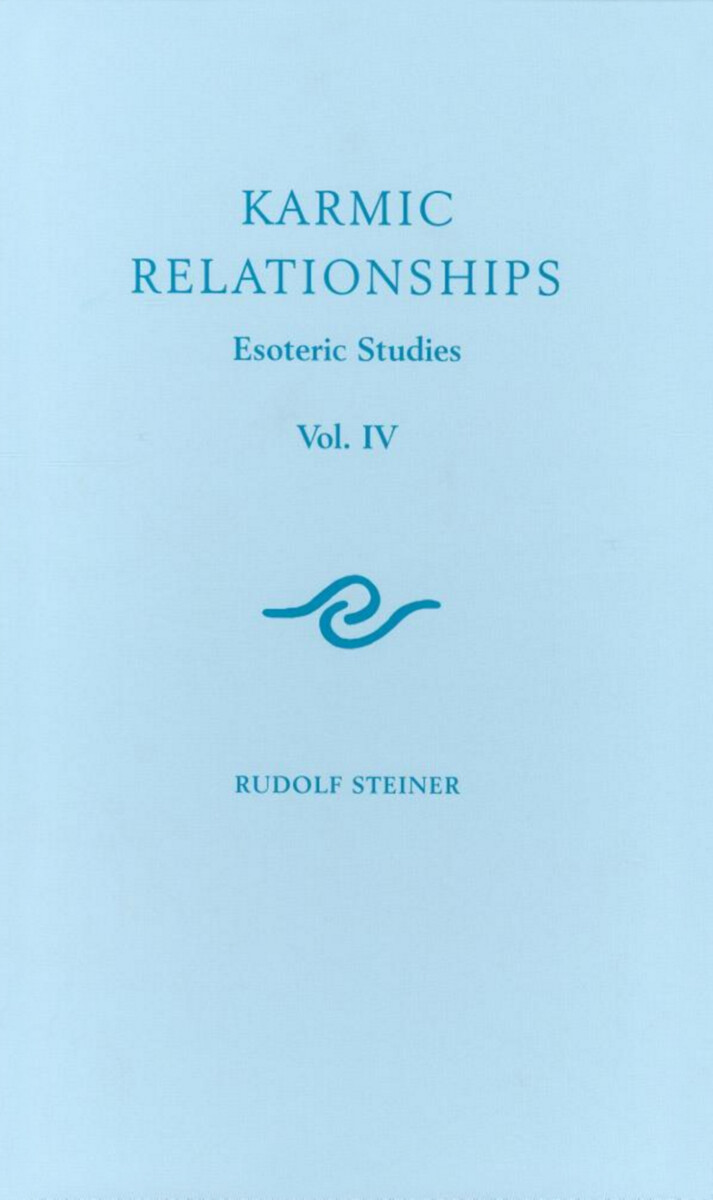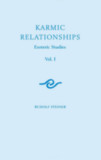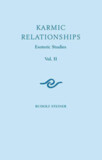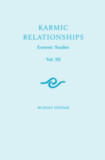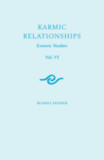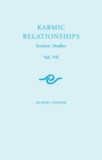Translated by George Adams, Dorothy S. Osmond and Charles Davy
Contributions by Alfred Heidenreich
- Publisher
Rudolf Steiner Press - Published
6th October 2017 - ISBN 9781855845381
- Pages 176 pp.
- Size 5.5" x 8.5"
11 lectures, Dornach, September 5–24, 1924; final address (CW 238)
At the end of his life, Rudolf Steiner assumed a task that was his special destiny—to bring knowledge of reincarnation and karma to the West. To do this, he gave more than eighty lectures in 1924 in which he explicitly and concretely revealed the destinies of various individuals from one life to the next in order to show how the general laws of karma operate in individual cases. He also revealed many details of the karmic streams of the members of the Anthroposophical Society.
These eight volumes in the Karmic Relationships series constitute an immeasurable contribution to the understanding of reincarnation and karma, and the tasks of the Anthroposophical Society in connection with the Archangel Michael.
In these lectures, Steiner discusses the karmic groups of souls connected to Aristotelianism and Platonism, the karma of the anthroposophical movement, as well as the individual incarnations of Ernst Haeckel, Vladimir Soloviov, and others.
Also includes in this volume is Rudolf Steiner's final address.
Karmic Relationships 4 is a translation from German of Esoterische Betrachtungen karmischer Zusammenhänge, in 6 Bdn., Bd.4, Das geistige Leben der Gegenwart im Zusammenhang mit der anthroposophischen Bewegung (GA 238).
Rudolf Steiner
Rudolf Steiner (b. Rudolf Joseph Lorenz Steiner, 1861–1925) was born in the small village of Kraljevec, Austro-Hungarian Empire (now in Croatia), where he grew up. As a young man, he lived in Weimar and Berlin, where he became a well-published scientific, literary, and philosophical scholar, known especially for his work with Goethe’s scientific writings. Steiner termed his spiritual philosophy anthroposophy, meaning “wisdom of the human being.” As an exceptionally developed seer, he based his work on direct knowledge and perception of spiritual dimensions. He initiated a modern, universal “spiritual science” that is accessible to anyone willing to exercise clear and unbiased thinking. From his spiritual investigations, Steiner provided suggestions for the renewal of numerous activities, including education (general and for special needs), agriculture, medicine, economics, architecture, science, philosophy, Christianity, and the arts. There are currently thousands of schools, clinics, farms, and initiatives in other fields that involve practical work based on the principles Steiner developed. His many published works feature his research into the spiritual nature of human beings, the evolution of the world and humanity, and methods for personal development. He wrote some thirty books and delivered more than six thousand lectures throughout much of Europe. In 1924, Steiner founded the General Anthroposophical Society, which today has branches around the world.


